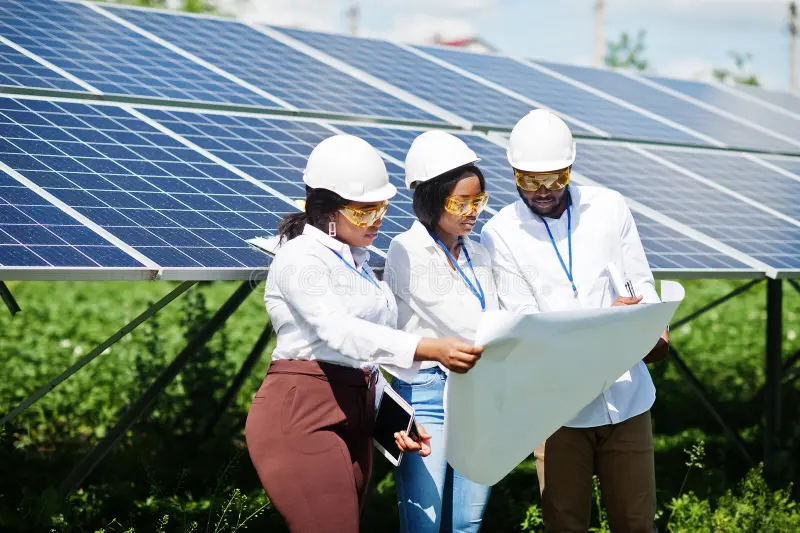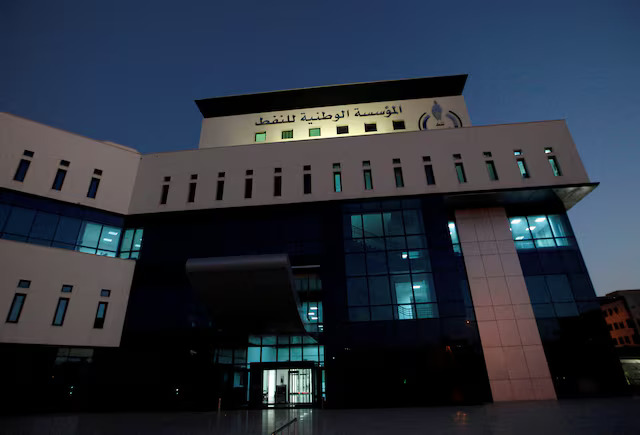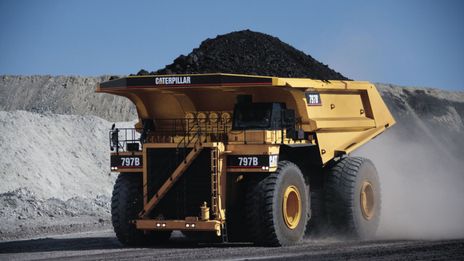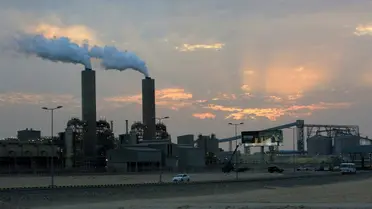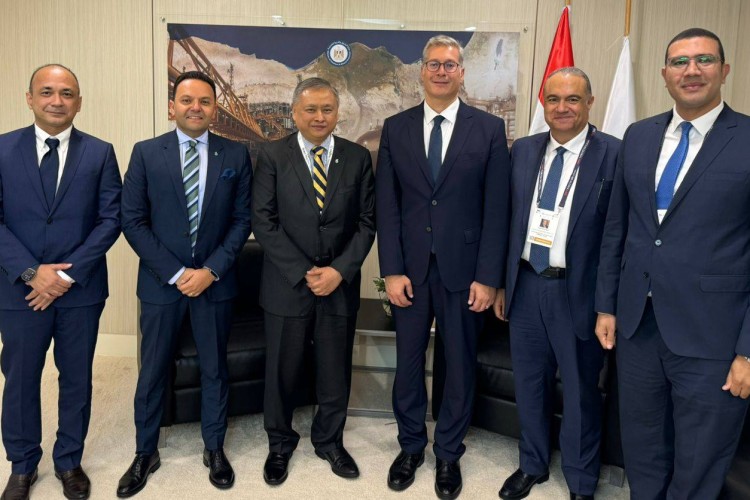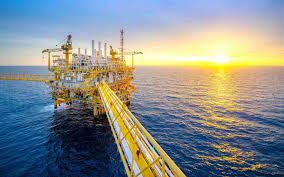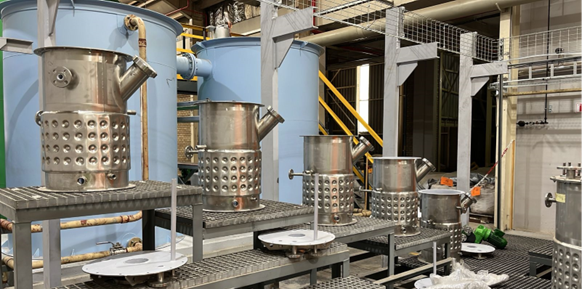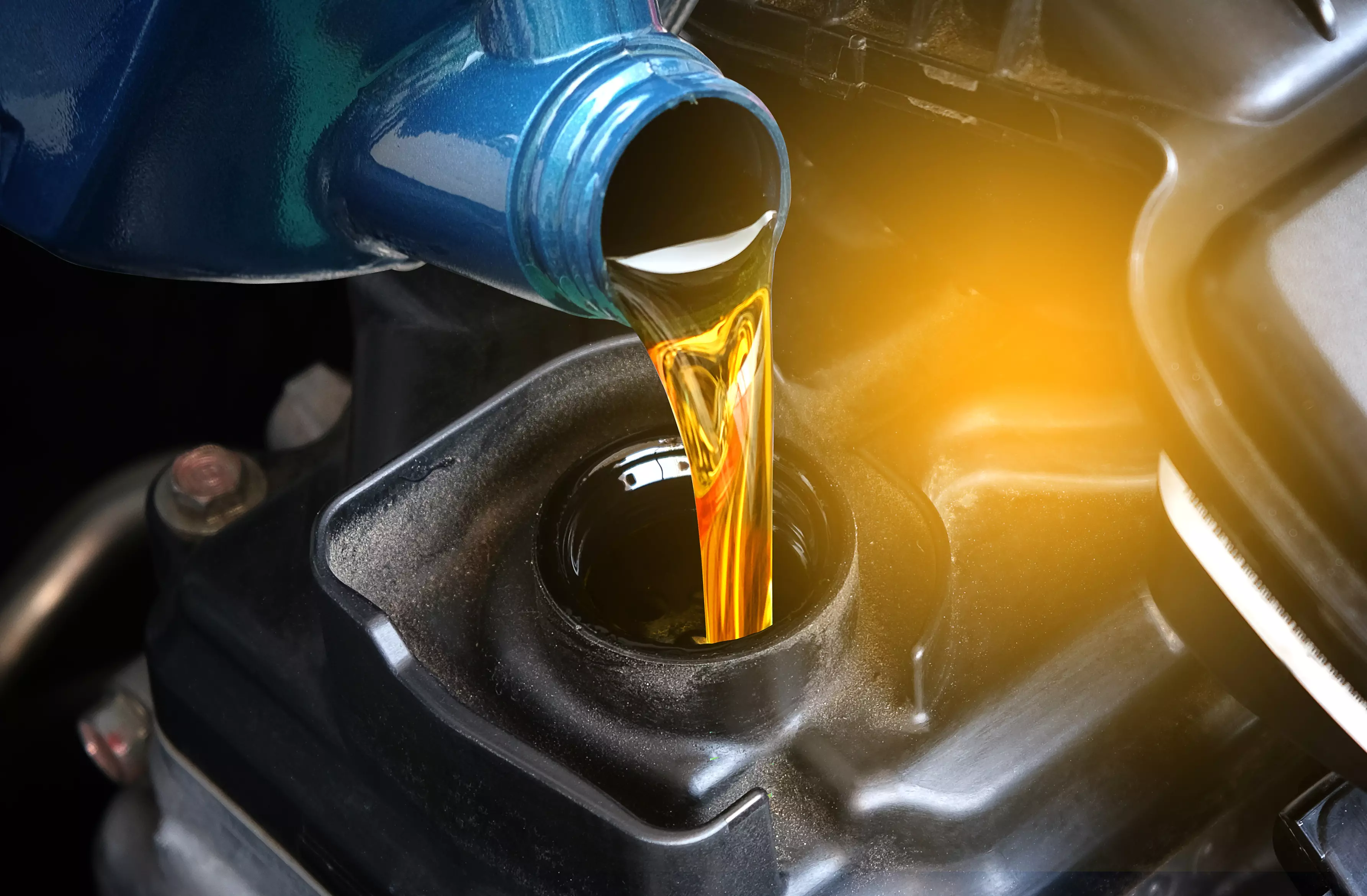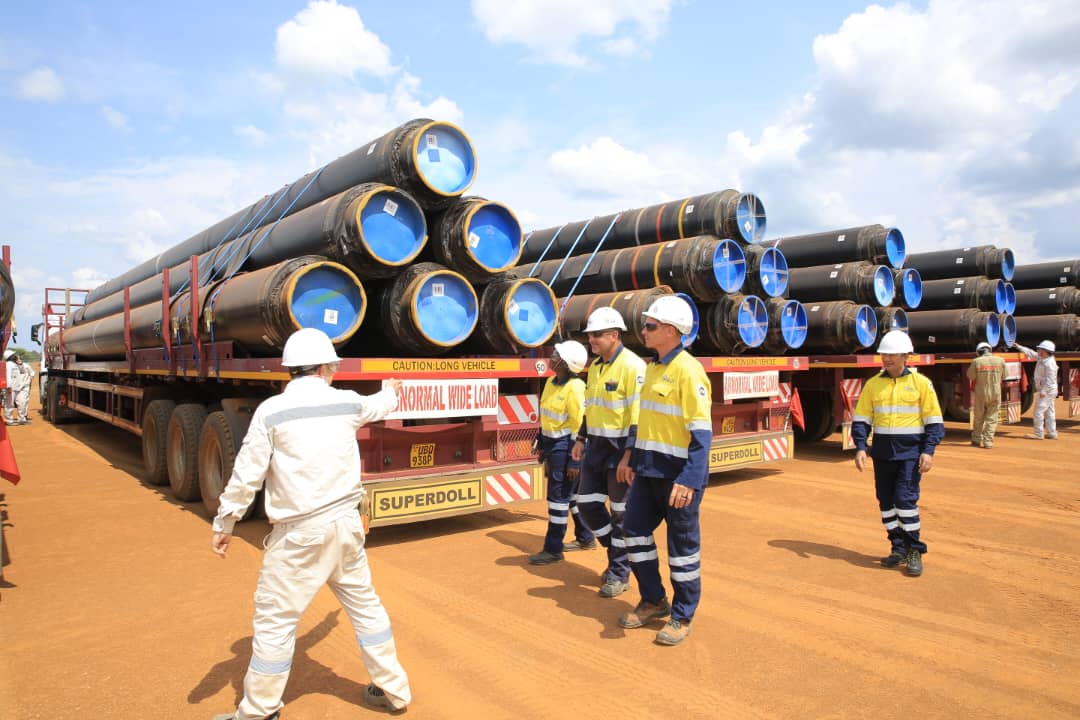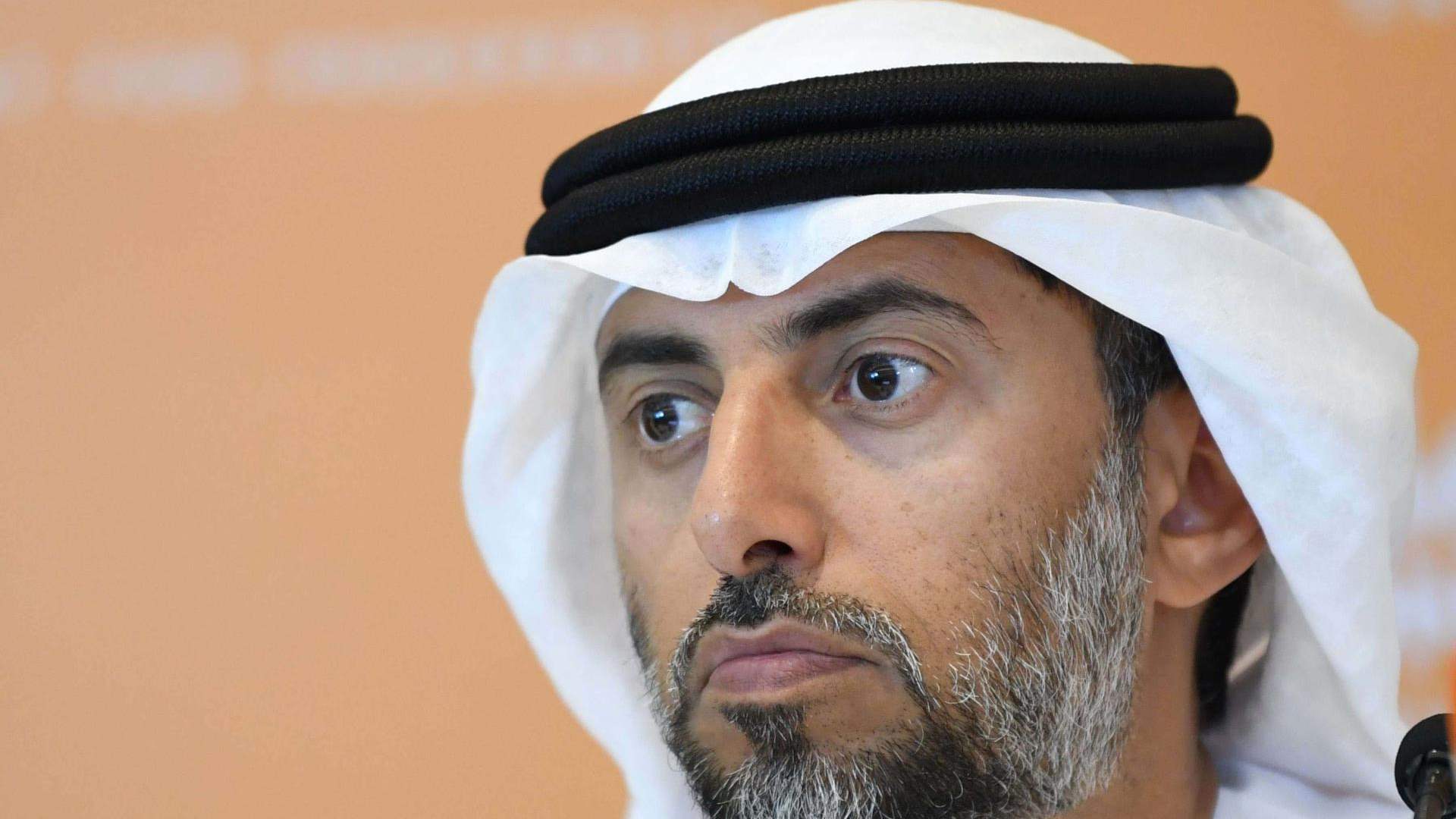Distribution

India's Deepening Economic and Strategic Ties with the Middle East
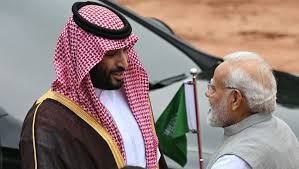
India's relationship with the Middle East is anchored in a critical economic interdependence: the region supplies the bulk of India's oil imports, while hosting nearly half of India's vast overseas workforce, whose remittances are vital to the Indian economy. As India's global economic stature grows, this relationship is evolving to include strategic investments, even as New Delhi navigates a complex geopolitical landscape between the US, Europe, and BRICS nations like China and Russia.
The Energy Imperative
India's energy needs are the foundation of the relationship. "Right now, India imports about 80% of its oil. Only 20% is produced domestically—so we simply have no choice but to depend on the Middle East," said Professor Santosh Mehrotra of the University of Bath. He explained that after sanctions halted imports from Iran, India substituted much of that supply with Russian oil, a move that has complicated its relations with the West and drawn it closer to the BRICS bloc. This reliance makes maintaining strong ties with all Gulf countries an absolute strategic priority for India.
The Human Corridor
The migration of Indian workers to the Gulf is a defining feature of the relationship. According to S. Irudaya Rajan, a professor at the International Institute of Migration and Development, almost half of all Indians living abroad are in six Gulf countries: Saudi Arabia, Qatar, Bahrain, Oman, Kuwait, and the UAE.
This corridor, which Rajan describes as "the biggest migration corridor, even more than the Mexico-US one," is characterized by low and semi-skilled workers who send a significant portion of their earnings back to India, financing housing, health, and education for their families. While conditions are improving, migrants are often treated as "second-class citizens," though schemes like the UAE's golden visas represent a shift.
Strategic Investments and New Alignments
Indian capital is making strategic bets, particularly in ports and logistics. Mehrotra pointed to the corporate expansion of the Adani Group, a close ally of Prime Minister Modi, which now operates the port of Haifa in Israel. The relationship with Israel itself is relatively new, having significantly developed under Modi's tenure, driven largely by India's need for defense equipment.
However, the execution of broader economic partnerships has been slow. From Riyadh, Umer Karim, an associate fellow at the King Faisal Center, noted that despite Memoranda of Understanding (MoUs) in energy, infrastructure, and digital fields, "the relationship is still far from its full potential." Promising projects, like a major oil refinery or hydrogen-storage initiatives, have yet to materialize.
A Delicate Balancing Act
India's strategy is a "tightrope" walk, maintaining close relations with the US and Europe while being part of BRICS with China and Russia. This balancing act faces new tests, such as the recent defense pact between Saudi Arabia and Pakistan. Karim believes this pact "will immensely damage the bilateral relationship" between India and Saudi Arabia, potentially causing India to withdraw from some investment initiatives.
Mehrotra, however, is more cautious, suggesting it is unlikely to derail ties given Saudi Arabia's awareness of India's growing economic power and continuous energy needs. He concluded that India's attempt to be embedded in so many competing geopolitical realities at once could have long-term consequences, even as the country is destined to play a much larger role in the Middle East.



